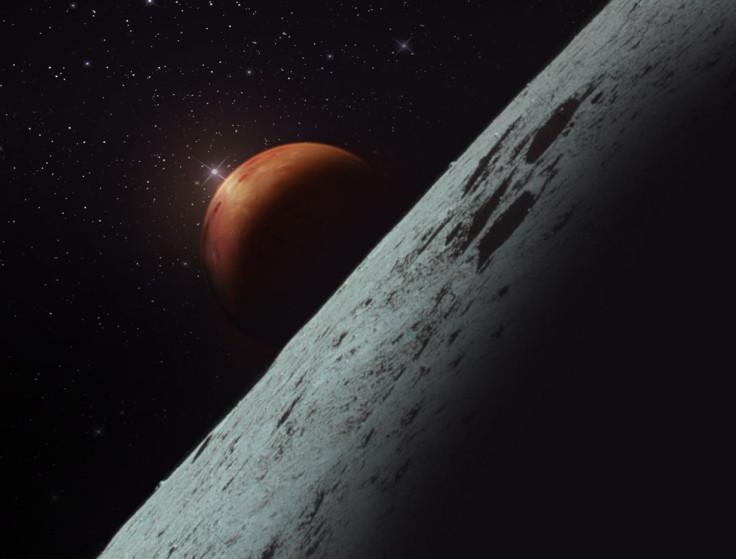Before Crewed Mars Mission, NASA Wants To Study How Space Affects Humans

Under its Human Research Program, NASA studies the effects of space travel on the human body, and before the space agency plans a crewed mission to Mars, HRP is calling for research proposals that “could enable safer and more effective travel to destinations beyond low-Earth orbit,” NASA said in a statement Tuesday.
Astronauts who spend time aboard the International Space Station already make for test subjects, and their data is studied by NASA and other space agencies to determine some of the effects of spending time in surroundings different from what the rest of us are used to. However, the expeditions to the ISS typically last around six months, while a round-trip mission to Mars could last for as long as three years.
In case the impact of space travel is dependent on the duration spent in the harsh environment of space, we need to understand those changes, and plan accordingly. The only people who have spent more time than others in space are NASA’s Scott Kelly and Mikhail Kornienko from Russian space agency Roscosmos, who have both spent just under a year on the orbiting space laboratory.
“To draw any conclusions about the cumulative effects of exposure to space, we need to observe more astronauts spending larger amounts of time in the space environment. Scientists can use the information to predict physical and behavioral health trends,” John Charles, associate director for Exploration Research Planning of HRP at NASA’s Johnson Space Center, said in the statement.
NASA is looking for research proposals in seven areas of study, and detailed description of the emphases areas, as well as the proposal process and awards, are available on this website. Initial proposals are due Jan. 4, 2018, and between 15 and 18 proposals would be selected for grants, the announcement for which would be made Aug. 31, 2018. The grants would be for a maximum duration of seven years.
With the help of the data generated from the selected studies, the space agency hopes it would be able to address five dangers associated with space travel. These are “space radiation, isolation and confinement, distance from Earth, gravity fields (or lack thereof), and hostile/closed environments that pose great risks to the human mind and body in space.”
The research will also help in missions with durations shorter than a return trip to Mars, and may also benefit diagnostic and behavioral innovation on Earth. But the end goal is clearly a journey to the red planet.
“When the day comes for humans to launch on a journey to Mars, humanity will take another giant leap. The knowledge gained from this research could give NASA a running start,” the statement concluded.
© Copyright IBTimes 2024. All rights reserved.




















